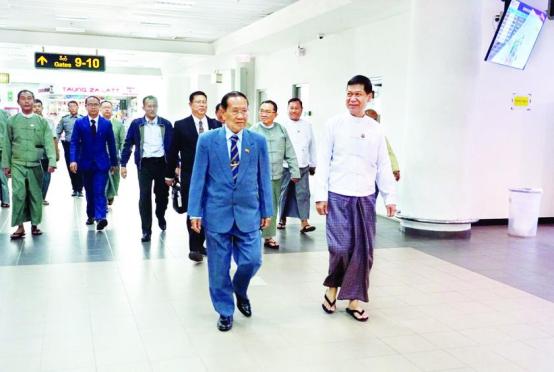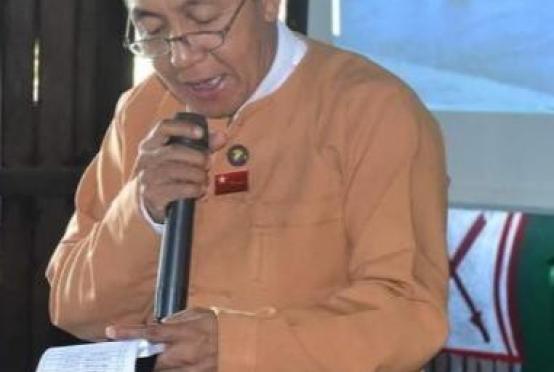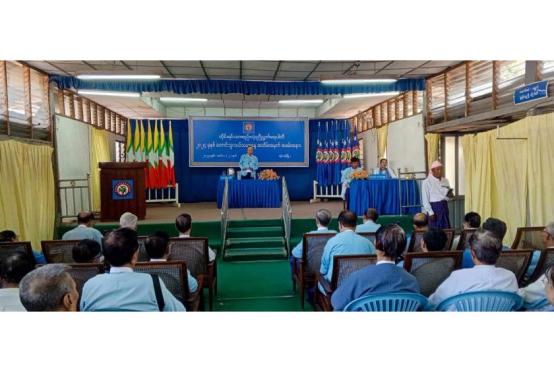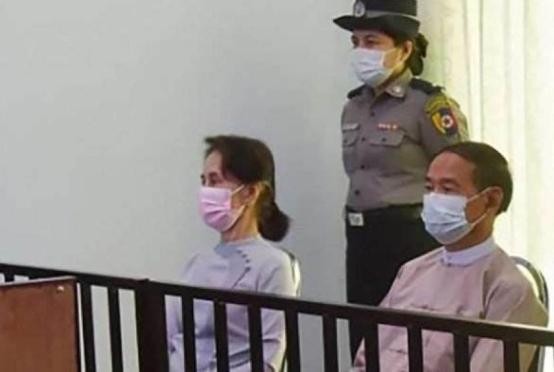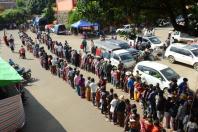It can be said that this is a senseless move that could shake trilateral security cooperation among Japan, the United States and South Korea at a time when North Korea is continuing its nuclear and missile development.
The South Korean government has decided to scrap the General Security of Military Information Agreement (GSOMIA), a pact to protect military intelligence between Japan and South Korea. As a reason for the decision, South Korea cited Japan’s step to remove it from the list of countries eligible for preferential treatment in the form of simplified export controls.
Japan took that step as South Korea’s trade control management system and its operations were inadequate. Seoul should first try to improve its management system.
The South Korean side also stressed that Japan did not respond even after South Korean President Moon Jae-in called for dialogue in his speech on Aug. 15. Moon has not presented any concrete measures on the issue of South Korean former wartime requisitioned workers, which is at the root of the bilateral feud. South Korea’s claims are hard to understand.
The GSOMIA is designed to allow allies and friendly nations to share as classified materials information on countries hostile to them. A framework under which countries cooperate to analyze images and codes, among other things, is essential.
Keep contact with Seoul
The Japanese and South Korean governments are said to have exchanged information in about 30 cases since they concluded the pact in November 2016. The South Korean military detects signs of a missile launch by North Korea. An Aegis-equipped destroyer of the Maritime Self-Defense Force analyzes the trajectory of and distance flown by the missile in the Sea of Japan.
The two countries also shared information about a new type of short-range missile that North Korea has fired on successive occasions since July.
The termination of the pact will make it difficult for South Korea to obtain Japan’s data directly. Short-range missiles can reach South Korea. It is a major threat. Is it reasonable for South Korea to take measures on its own initiative that would reduce the deterrence capability of its military?
The United States has urged South Korea to maintain the pact. U.S. Secretary of State Mike Pompeo expressed disappointment and showed unusual dissatisfaction with South Korea, a U.S. ally, apparently out of concern that the disarray among Japan, the United States and South Korea could widen.
It is North Korea and China that will benefit from the pact being scrapped. By sending the wrong message — that the functions of the U.S.-led alliance may decline — the situation in East Asia could become unstable.
It should be no surprise that Foreign Minister Taro Kono lodged a protest with South Korea, saying, “It is a completely misjudged response in terms of the regional security environment.”
Japan needs to minimize the impact of the pact’s termination. It is imperative for the Self-Defense Forces to keep up deterrence by strengthening cooperation with the U.S. military.
The Japanese government should maintain communication with Seoul and continue to have multilayered dialogue. It must analyze the security environment in Asia calmly and stress the importance of maintaining Tokyo-Washington-Seoul cooperation.


